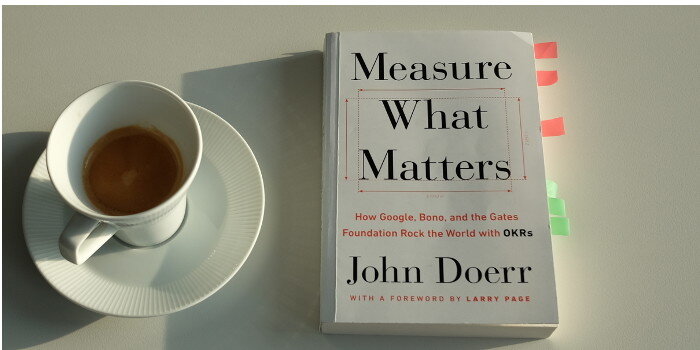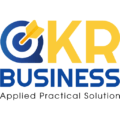John Doerr was one of the first individuals to have worked with OKR (Key Goals and Results) goals under Andy Grove’s leadership at Intel. With the success of Intel and later Google, he was considered an expert and an invaluable source of understanding of the power of OKR goal setting. Here are some of his most striking results on OKR that you can apply to your business.

1. One of the essential qualities of OKRs is: everyone does them… All businesses want tremendous growth!
2. If you don’t measure it, it no longer really matters.
3. People will delay. They will try to do the impossible. It’s just almost impossible. And if you get 60 or 70% of it, if you get 60-70% of your way to the moon, it’s a disaster of a space launch.
4. If you always get 100% of your goals, you didn’t set a challenge enough.
5. OKRs can help establish your company’s culture. It will help introduce a humble language for the whole company.
6. I can’t imagine there would be any other way to manage and lead a high-growth, well-functioning company. (When I work at Intel using OKRs)
7. One of my favorite dishes: I have applied OKRs to every company I have invested in.
8. Google uses OKR – Key Goals and Results, as a tool to empower people. People think it’s about accountability, and it achieves that excellently. But, it’s really a way to build a social contract in your organization.
9. You should adjust this and adjust it to suit your culture. You don’t have to do this the way Andy Grove did, or how Google has been doing it.
10. The goal is what you want to accomplish. The result is the “way” in “how you’re going to get that job done.” What’s more important than getting the best single answer is getting the team to agree on how you’re going to do what you set out to do (aka “Key Results”)
11. The key for any group that wants to apply is that you use this on a regular, written basis. You should choose the frequency that applies to you.
12. What OKRs become is more than just a smooth statement; they are also a way to check progress.
13. Throughout some stages, you and your team can get much better when using OKRs.
14. Magic words are “measured in”. If the main result is not measurable, in relation to time, if I cannot declare it to be done, then it does not have the kind of honesty or integrity that it must have.
15. It is not a silver bullet; it is a powerful, clear, empowering communication tool to get transparency, some accountability and a lot of enthusiasm for what it really matters.
16. What I have learned, despite loving innovation, is the idea very easily. That successful implementation is everything.
17. This is nothing more than a system… a system for prioritizing and communicating. And after all, what is the role of leadership? The role of management? It’s about helping prioritize and communicating, and for people to work hard to focus on a few of the things that really matter most.
18. OKRs are not everything that happens in the company. The total number of OKRs built should not be a work order for the organization. These are things that you, the leaders of the company and contributors, have decided really important. These are things that we want to focus on or have special ideas for.
19. If you really want to grow people, you should give them clear feedback on what they need to do to grow… But that’s not when you tell them what their bonus is.
20. (When asked: “Are there any drawbacks to the fast-paced nature of OKRs?”) This is risk and reward. Some people have a choice theory in decision-making: you don’t make decisions until you really need to make a decision. I don’t think so. I think we’re in such a competitive world where we go.




